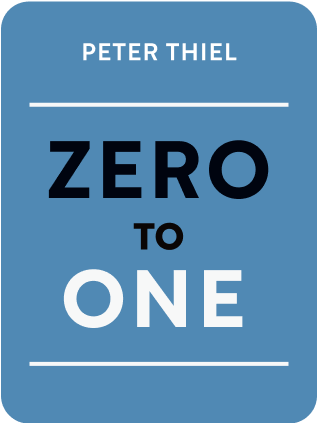

This article is an excerpt from the Shortform summary of "Zero To One" by Peter Thiel. Shortform has the world's best summaries of books you should be reading.
Like this article? Sign up for a free trial here .
What are complex sales, and do you need them to be a part of your startup sales strategy?
Complex sales are B2B sales that often include high level executives, like the CEO. Many companies never use the complex sale, and some rely only on complex sales. Whether you use complex sales depends on your company and product—read more about them below.
If You Build It, You Still Have to Sell It: Using Complex Sales
Many Silicon Valley entrepreneurs underestimate the importance of distribution, which encompasses whatever it takes to sell your product (advertising, sales, marketing, and distribution channels). But understanding distribution and having a plan for it is critical to a company’s success—it should be part of designing your product.
We often overlook the importance of distribution because society in general looks down on salespeople and advertising as dishonest and manipulative. Silicon Valley entrepreneurs take this a step further—because of a bias toward building rather than selling, they often believe their product is so superior it should sell itself: if they build it, customers will come.
But customers won’t buy your product automatically; you have to sell it, which is more challenging than many entrepreneurs and engineers realize. One of these ways to sell is mastering the complex sale.
Silicon Valley “nerds” should care about advertising because it works—or it wouldn’t be a $150 billion industry that employs more than 600,000 people. If you have a niche product, mastering the complex sale might be something to consider.
But sales works differently than many people think. They think they’re not influenced by pitches because they don’t run out and buy the advertised items. But advertising’s intent isn’t to get you to buy a product right away, it’s to leave an impression with you that will drive sales later.
The sales process is often subtle—selling is a hidden art that secretly drives the economy.
All salespeople are actors; like actors, their priority is persuasion, not transparency. We react negatively to inept salespeople (“used-car salesman” is a slur), but the best salespeople are masters who sell without our realizing it.
For example, Mark Twain’s character Tom Sawyer persuaded his friends to whitewash a fence for him. That took talent, but his masterstroke was convincing them to pay him for the privilege of doing so. They never caught on.

———End of Preview———
Like what you just read? Read the rest of the world's best summary of Peter Thiel's "Zero To One" at Shortform .
Here's what you'll find in our full Zero To One summary :
- Why some companies genuinely move the world forward when most don't
- How to build a company that becomes a monopoly (and why monopolies aren't bad)
- Silicon Valley secrets to selling products and building rockstar teams






